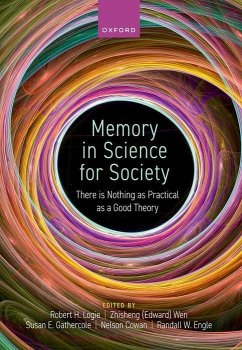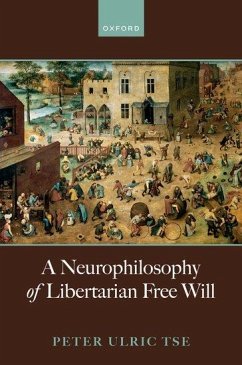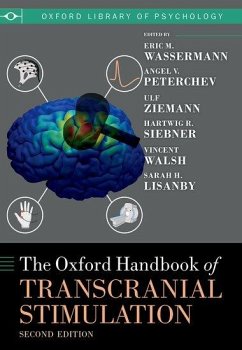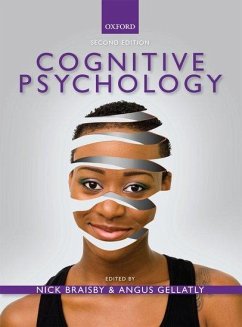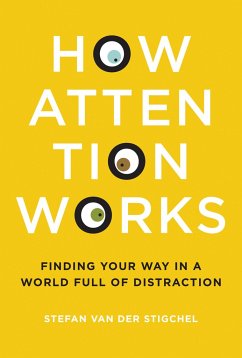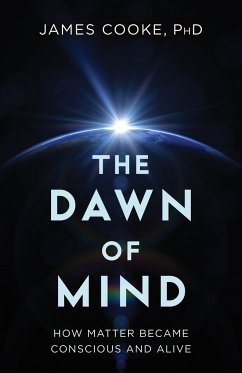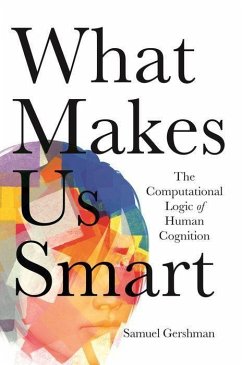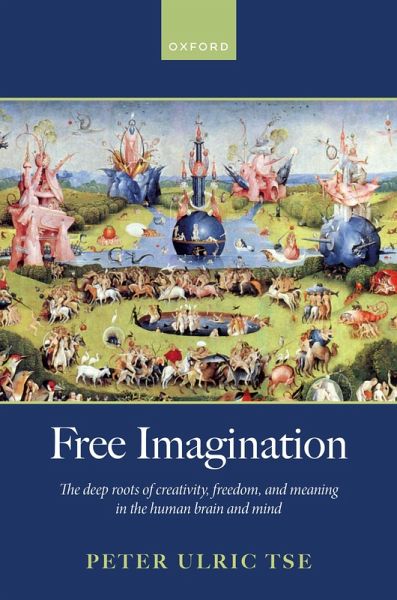
Free Imagination
The Deep Roots of Creativity, Freedom and Meaning in the Human Brain and Mind
Versandkostenfrei!
Versandfertig in über 4 Wochen
65,99 €
inkl. MwSt.

PAYBACK Punkte
33 °P sammeln!
Free Imagination argues that the brain's capacity to imagine is the fundamental basis of human Free Will. Laws of physics need not apply in our internal simulations, so virtually anything is possible there.



